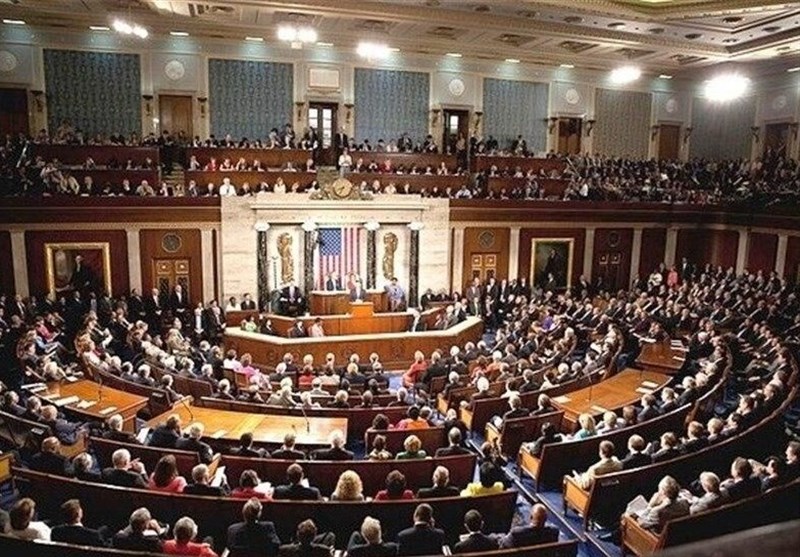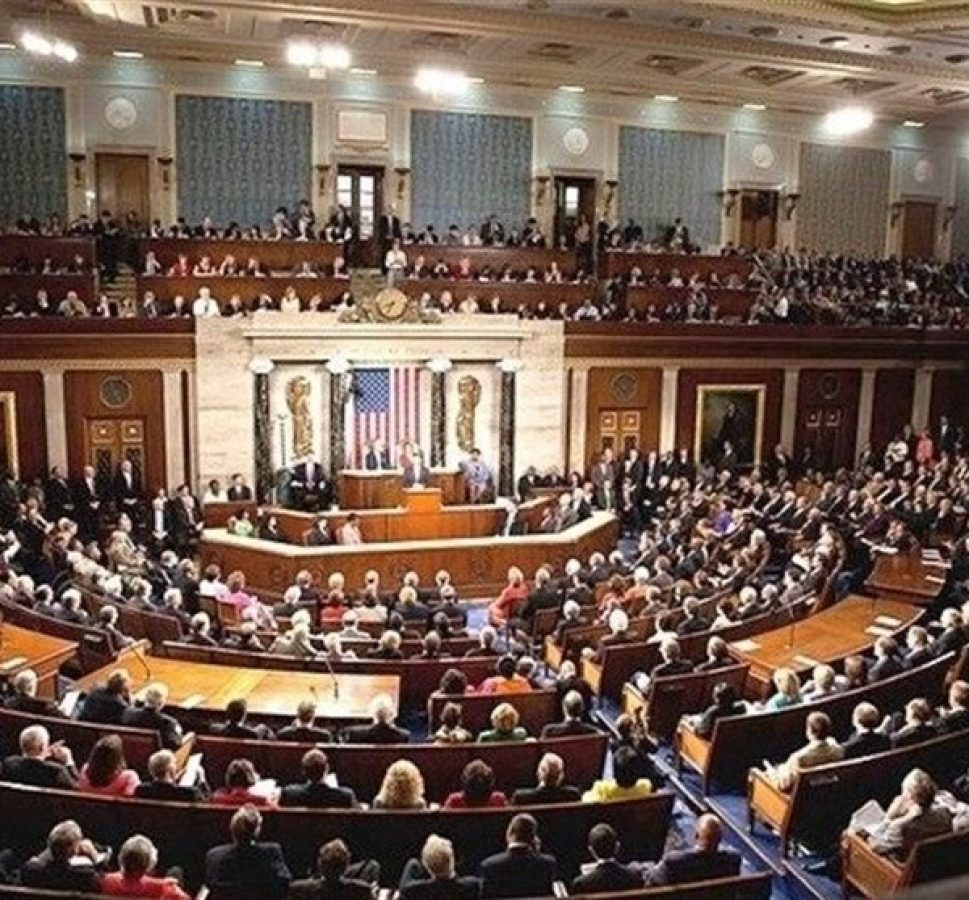
Short-term spending bill averts shutdown of agencies that would have kicked in on Saturday.
The United States Congress has approved a short-term spending package to avoid a government shutdown, the fourth such stopgap measure in several months.
The bill, which passed the Senate in a bipartisan 77-13 vote, provides funding for some federal government agencies to keep running through March 8 and others through March 22, preventing a shutdown that would have kicked in on Saturday.
The funding will avert disruption to numerous government functions, including food safety inspections and air traffic controllers’ pay.
US President Joe Biden must now sign the bill for it to become law.
“I am happy to inform the American people that there will be no government shutdown on Friday. When we pass this bill, we will have, thank God, avoided a shutdown with all its harmful effects on the American people,” Senate Democratic leader Chuck Schumer said on the Senate floor.
The Senate vote came after the Republican-controlled House of Representatives earlier voted to approve the stopgap funding.
While the fiscal year began on October 1, Congress has yet to approve 12 annual spending bills that make up the federal budget.
House Speaker Mike Johnson said negotiators had reached an agreement on six of the spending bills and were close to an agreement on the others.
“We’ll get the job done,” Johnson said as he exited a closed-door meeting with Republican colleagues.
Congress faces further battles in the coming weeks over funding levels for many programmes that Republicans want to see scaled back.
Johnson had been pressed by hardline Republicans to use a shutdown as a bargaining chip to force Democrats to accept conservative policy priorities, including measures to reduce the flow of undocumented migrants across the US-Mexico border.
Chip Roy, a House representative from Texas, said that Republicans in his faction hope to convince Johnson to push a new spending bill that would fund the government until the end of September but cut non-defence spending.
“We believe that we could do that. We believe that actually presents a good alternative,” Roy told reporters.






